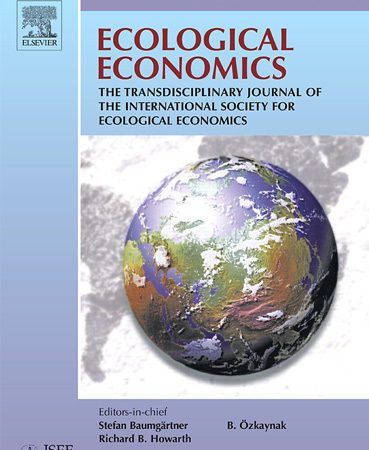
Ecosystem Services (ES) can contribute to several aspects of human well-being (WB) that we understand as the subjective perception that individuals have of their quality of life, depending on a set of factors. We compare the relative weights of the WB factors resulting from ES (ES-based) and those that do not depend on ES (non-ES-based), from an online survey (N = 1006) relating to ES linked to fish-farming ponds in France. A summary variable, the “WB profile”, allows to identify individuals (38% of respondents) whose WB is strongly linked to the presence of ES (the number of ES-based WB factors is greater than the number of non-ES-based WB factors). The WB profile of these individuals is analyzed with a binary logit model showing the preponderance of variable accounting for perceptions and interactions with ecosystems (attendance, relationship and attachment to nature, efforts to preserve the environment). We observe a lower level of training and the existence of a threshold effect on the relationship between life satisfaction and the ES-dependent profile: this contribution only concerns people with a high life satisfaction index. These results attest to the importance of pro-environmental perceptions, emotions and behaviors for conservation policies.
